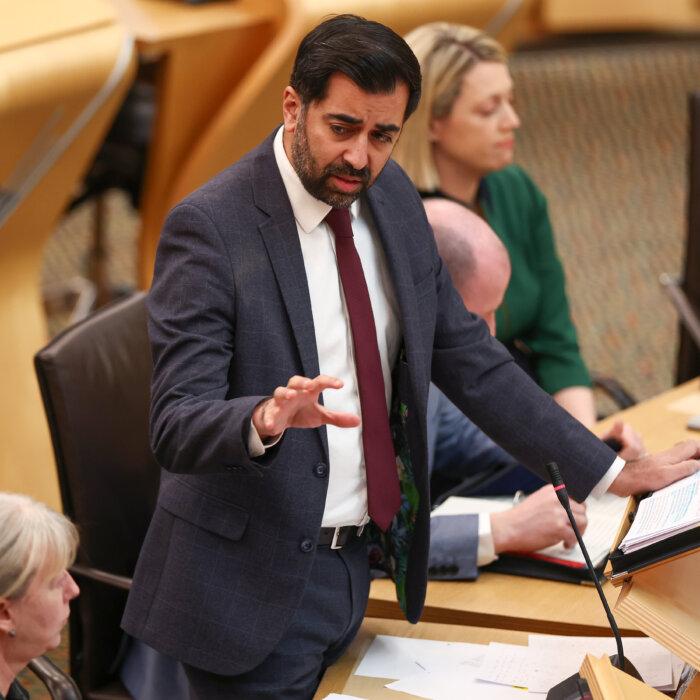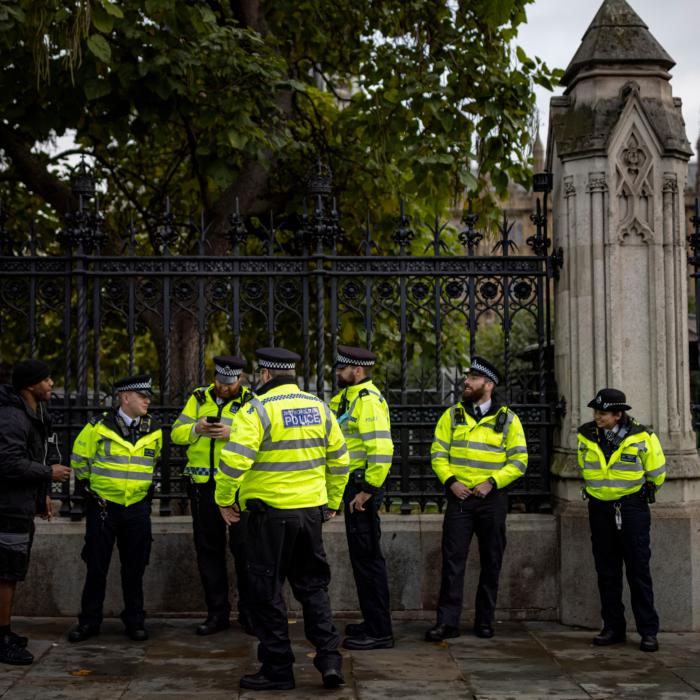Police have deleted a “non-crime hate incident” record of a Conservative MP, following a challenge from the Free Speech Union (FSU).
West Mercia Police confirmed on Wednesday that after a review, they had deleted the non-crime hate incident from their systems of Rachel Maclean, the MP for Redditch.
A police spokesperson said: “We can confirm that after seeking advice that a social media message previously recorded as a non-crime hate incident did not meet the definition of an ‘incident’ as defined by the National Standard for Incident Recording.
“As a result, the ‘hate incident’ and personal details have now been removed from the West Mercia Police systems.”
Writing on social media platform X in December 2023, Ms. Maclean criticised the Green Party for selecting Melissa Poulton, a male who identifies as a transgender woman, to stand in the neighbouring Worcester constituency.
Police recorded the gender-critical comments after receiving complaints about the post.
The FSU was founded in 2020 by Toby Young and is a non-partisan, mass membership organisation which defends freedom of speech.
‘Total Distraction from Policing’
Reacting to the news, Ms. Maclean said on X: “I am pleased to see this ridiculous ‘hate incident’ has been thrown out and all records removed from police database. What a total distraction from policing.“I’m grateful for [the Free Speech Union’s] support fighting this.”
“I will not stop speaking up on behalf of all women and men who feel gaslighted by those who would deny the biological reality and scientific truth that is staring them in the face.
Non-Crime Hate Incidents
A non-crime hate incident is where perceived hate incidents are reported to police, despite not being a crime.They were introduced following the 1999 inquiry into the 1993 murder of Stephen Lawrence as part of a recommendation for police Codes of Practice to create “a comprehensive system of reporting and recording of all racist incidents and crimes.”
“This data is vital for helping the police to understand where they must target resources to prevent serious crimes that may later occur,” the College of Policing says.
Scotland’s Hate Crime Law
Meanwhile, in Scotland, a new hate crime law—The Hate Crime and Public Order (Scotland) Act—comes into effect on April 1.The law creates new “stirring up of hatred offences” for protected characteristics, such as “age, disability, religion, sexual orientation, and transgender identity.”
Free speech campaigners and MPs have branded the legislation as “dangerous.”
“Unfortunately, this bill once again demonstrates the dangerous nature of the Scottish government, where a bill the public oppose is forced upon them against their will in a manner that reflects the elitist, almost aristocratic nature of the court-like system in Holyrood,” he said.







